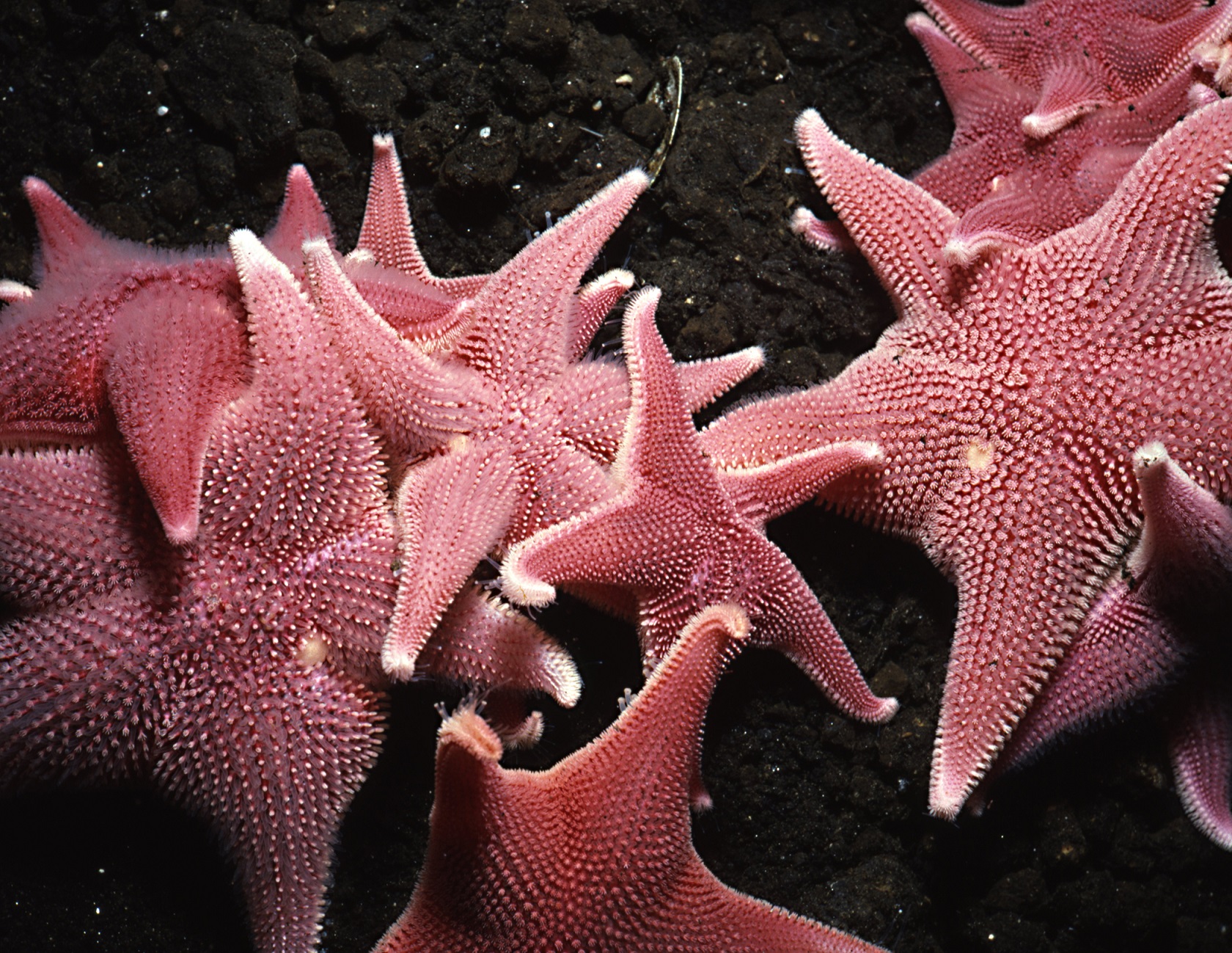08 February, 2016 by Staff Reporter
Researchers at the National Science Foundation in the US believe that the rapid warming of the ocean west of the Antarctic Peninsula – the part of the continent that extends north toward South America – may result in king crab populations returning from the deep sea to the relatively shallow continental shelf, where they could become high-level predators and disrupt the ecosystem.
The researchers believe the changes could fundamentally alter the Antarctic sea-floor ecosystem and diminish the diversity of marine ecosystems globally.
Water and air temperatures along the western Antarctic Peninsula have been increasing at a rate far exceeding the rest of the continent, making it one of the most rapidly warming places on the planet. The researchers note that at the current rate of warming, the crabs should be able to survive in coastal environments (waters shallower than 200 metres) within the next several decades.
The study first began during the 2010-2011 Antarctic summer (October to February), when researchers used a camera sled towed by the NSF research vessel Nathaniel B Palmer to document a reproductive population of king crab on the continental slope off Marguerite Bay. The slope is located on the western Antarctic Peninsula, adjacent to the continental shelf, at depths between 840 and 2,200 metres.

Although the waters nearer the surface currently remain too cold for the crabs to survive, the researchers found no barriers – including salinity levels, sea floor sediments or temperatures – that would prevent the creatures from eventually emerging onto the shallower outer shelf, in water that ranges 400 to 550 metres in depth.
"Because other creatures on the outer shelf have evolved without shell-crushing predators, if the crabs moved in they could completely restructure the ecosystem," says lead author Richard Aronson, of the Florida Institute of Technology. Aronson believes it is likely that crabs haven't played a role in the shelf ecosystem for millions of years.

Although the study doesn’t prove that crab populations will definitely expand into shallower waters, study author, James McClintock of the University of Alabama at Birmingham says "the only way to test the hypothesis that the crabs are expanding their depth-range is to track their movements through long-term monitoring."
Some predators, such as the Antarctic toothfish (a species of cod icefish native to the Southern Ocean , not to be confused with its warmer water cousin, the Patagonian toothfish) and Weddell and elephant seals, could feed on the crabs if they were to colonise the shallower waters. But the vulnerable smaller creatures that currently live in the shallows would remain easy prey for the crabs.
The overall effect of the migration of king crabs to shallower waters, explained FIT postdoctoral scientist and co-author Kathryn Smith, would be to make the currently unique Antarctic ecosystem much more like ecosystems in other areas of the globe.